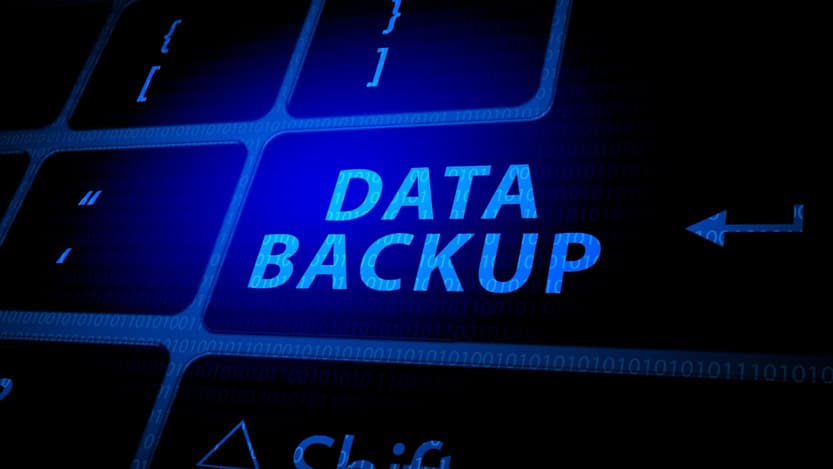
Every business needs to pay attention to the aspect of cybersecurity. Basic protections like anti-virus software can be effective only up to a point because hackers are working round the clock to find a way to get in. In the unfortunate event of your valuable files getting hacked, there won’t be a cause for worry if you have a backup strategy to protect your business’ information.
Having a backup strategy is essential because the loss of data can not only put your customer’s data at risk but also create a serious dent in your credibility. Statistics show that 60% of companies that experience data loss shut shop within six months. You could also be at risk of losing data permanently due to viruses and malware that attack your data and destroy it. It is estimated that 45% of all unplanned downtime is due to hardware failure while 60% of IT professionals claim that careless employees pose the most significant threat to their data.
So, in a nutshell, all these risk factors could result in monetary loss for your company, unless you have an adequate backup system in place.
Before creating a backup strategy, there are a few things you need to keep in mind:
1. Decide on where you want to store copies of your data. Some companies prefer cloud-based backup whereas others opt for physical backup. Many companies also opt for multiple backup sources in order to cover all bases.
2. It is important to keep the cost factor in mind. Go for a data backup plan that is affordable.
3. Have a clear idea of the data risks you face. Other than malware and phishing attacks, companies also need to consider factors such as natural calamities.
4. Train employees to be responsible for your backup planning. You will need knowledgeable and reliable people to run an effective file backup strategy.
5. Decide on how often you should back up your data. In the case of companies that generate data quickly, you may need hourly backups. For companies whose data is rarely updated, a weekly backup may be enough.
It is vital to consider each aspect of your backup and implement it as quickly and efficiently as possible. The following are some of the aspects to be kept in mind:
- Evaluate options to find the best backup strategy
- Assess your company’s backup needs
- Select a platform
- Create a budget for your backup plan
- Select a data backup vendor
- Create a step-by-step Recovery plan with detailed instructions on how to use it
- Create a timetable to help you plan for implementation
- Test your new backup system to check if your backup was successful and that there are no glitches
In conclusion, all businesses are fraught with risks including cybercrime, employee carelessness, or natural disasters. A secure data backup plan is the only sure shot way to prevent data loss.
At SPARK Services, we provide you with modern solutions to take care of your Backup strategy. Get in touch with our team of dedicated professionals and rest easy as they take care of your business interests in the best manner possible.



